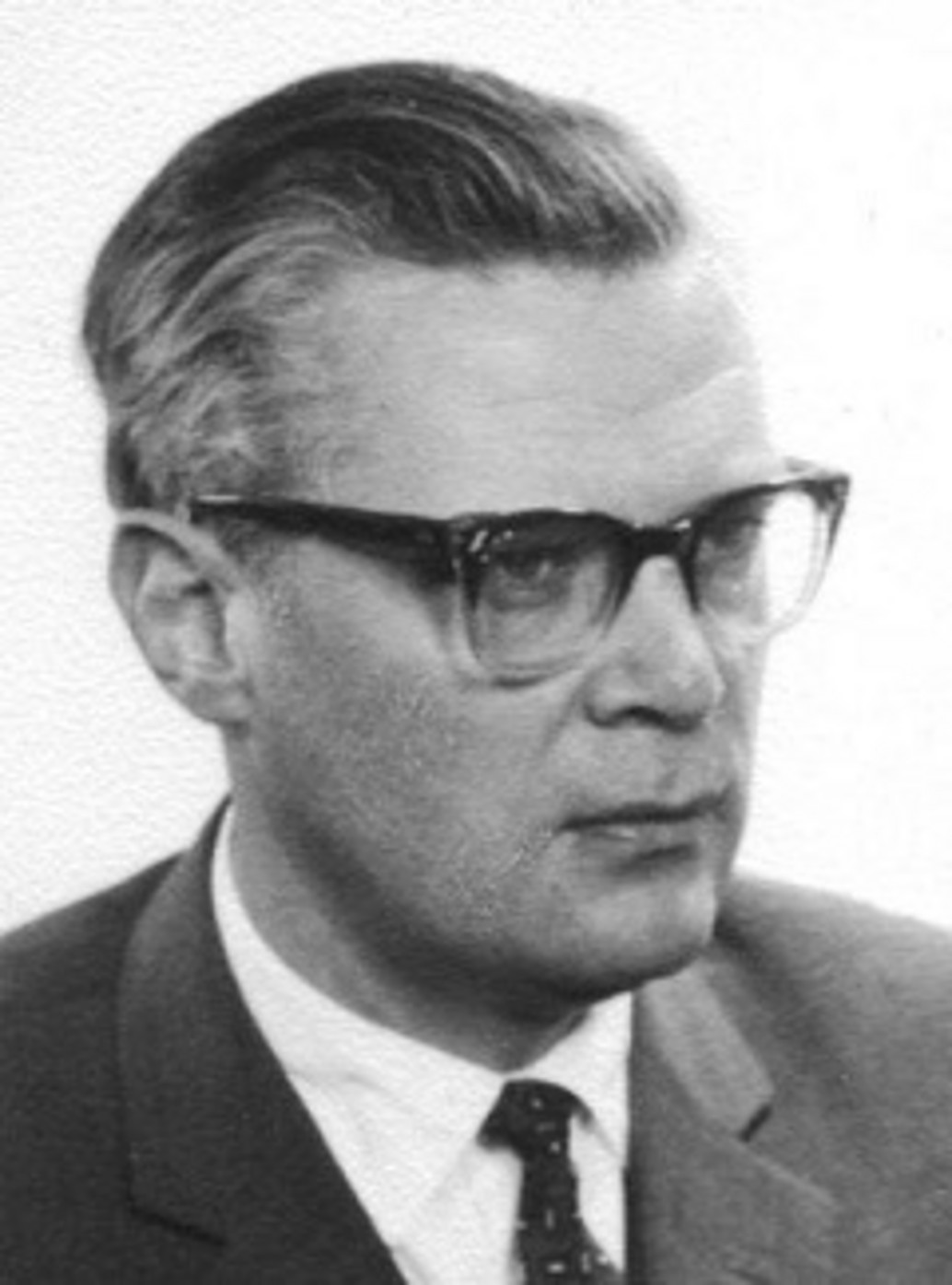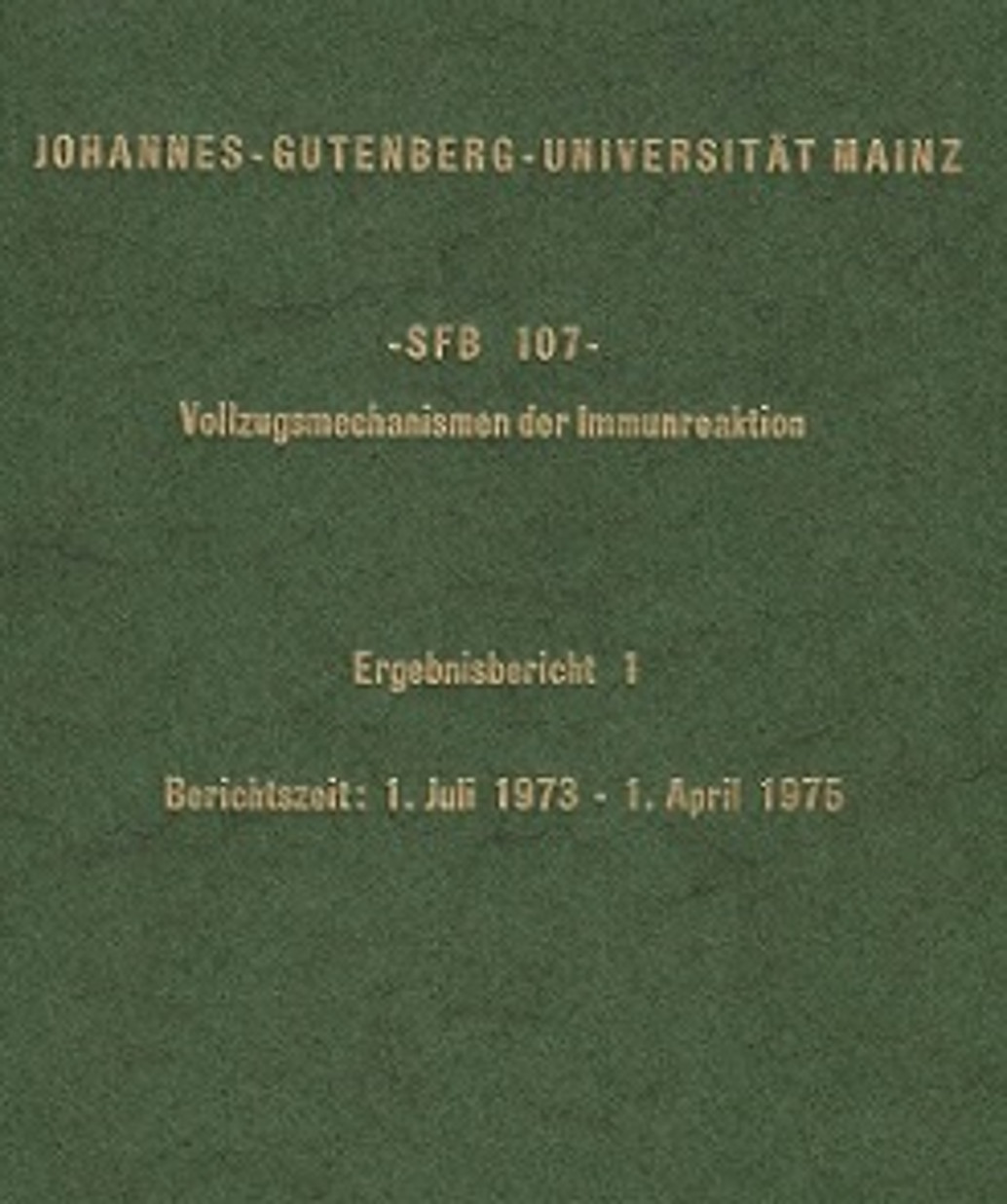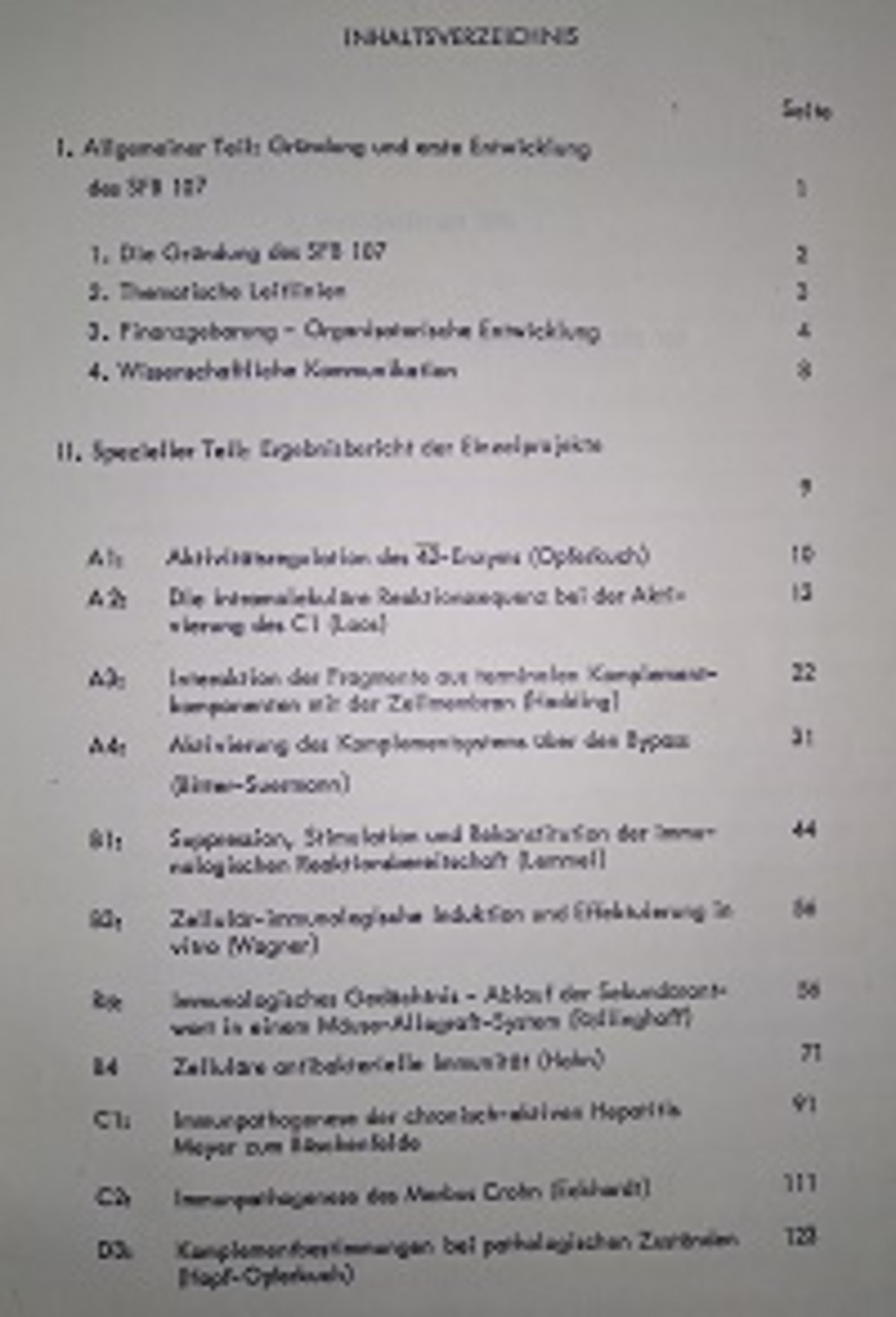History of the Institute
Many researchers have contributed to our present knowledge of bacteriology and immunology, inter alia the renowned German scientist Robert Koch (who discovered the tuberculosis pathogen; founder of modern bacteriology and clinical infectiology) (1,2), Emil von Behring (proof of the humoral immune system; development of serum therapy) (3), Paul Ehrlich (development of the first chemotherapeutic agent; development of diphtheria healing sera) (4) and Friedrich Löffler with Paul Frosch (discoverer of the diphtheria pathogen; co-founder of virology) (5), to name just a few examples. After the Nazi barbarism and the turmoil of the Second World War, which had brought the scientific community throughout Germany, including its university research, to a standstill, postwar Germany attempted to gradually rebuild the former teaching structures and initiated the resumption of research activities (6, 7).
With the re-establishment of the Johannes Gutenberg-University in May 1946, a medical faculty was also established, which initially used the premises of the Städtische Krankenanstalt and finally established itself as a university hospital in 1952 (8, 9). In the mid-1950s, young scientists in Germany were increasingly given the opportunity to travel abroad on research fellowships and exchange ideas with scientists from all over the world (6). Paul Klein (Fig. 1), who obtained his doctorate in Heidelberg after his medical studies and dealt with the activation of the complement system as part of his habilitation, also took the opportunity to deepen his knowledge in the field of immunology at Cornell University in New York (1956-1959) as guest scientist (10). In order to strengthen the immunological research in Germany, he made an effort at the German Research Foundation (DFG) in Bad Godesberg, together with scientists from Hannover, Tübingen and Freiburg, to initiate a funding program "Immunology" (6, 7).



During the late 1950s, an interdisciplinary research association was established at the medical faculty of the University of Mainz, which dealt with questions in the field of immunology. When Paul Klein came to Mainz at the beginning of 1960, he supported this focus, so that from the previously interdisciplinary section of hygiene, the discipline of Medical Microbiology was established as an independent institute, whose direction he took over as associate professor in 1961 and finally as full professor in 1962 (10). The Institute of Hygiene, from which the Institute of Medical Microbiology had originally emerged, was transferred to the Institute of Medical Microbiology in 1994, so that today the Institute of Medical Microbiology and Hygiene (IMMH) represents the two disciplines in patient care, research and teaching. Already at the time of its foundation, the Institute of Medical Microbiology focused on immunological research. In 1969, a professorship for Immunology was established, which was obtained by Prof. Erwin Rüde in 1976. This became one of the first newly founded institutes for Immunology with focus on structural chemical research, which optimally complemented the immunological research of the Institute of Medical Microbiology (7,9). Also the leading participation of Paul Klein in the establishment of the first immunological collaborative research center (Fig.2a and 2b) in Germany, SFB 107 "Enforcement Mechanisms of the Immune Reaction" (1973-1984), and the newly oriented collaborative research center SFB 311 "Immunopathogenesis: Critical Cell and Humoral Structures" (1987-1999), which was intended to link clinical and theoretical research, was trend-setting for the further development of the research location Mainz (11).
According to an assessment of the German Science Council in 2017, immunology still plays a central role at the University Medical Center Mainz today, and the report concludes with the recommendation to maintain and expand this research focus (12). In honour of Paul Klein, the Paul Klein Center for Immune Intervention (PKZI) was opened in April 2017 on the premises of the University Medical Center in immediate vicinity of the newly built KTI (Clinical-Theoretical Institutes), which also accommodates the IMMH. The center bundles the immunological expertise in Mainz and further develops the traditional research focus of translational immunological research with regard to innovative immune therapies (13).
Renowned students of Paul Klein ("first generation"), who further developed his fundamental knowledge and later occupied important chairs of immunology and microbiology, were Dieter Bitter-Suermann (MH Hannover), Manfred Dierich (MU Innsbruck), Ulrich Hadding (U Düsseldorf), Helmut Hahn (FU Berlin), Martin Röllinghoff (U Erlangen) and Hermann Wagner (TU Munich). As already established scientists Wolfgang Bredt (U Freiburg), Wolfgang Opferkuch (U Bochum) and Hans Jobst Wellensiek (U Gießen) joined him. The academic students of the second generation have again assumed numerous leadership roles, including Stefan Bauer (U Marburg), Christian Bogdan (U Erlangen), Erik Böttger (U Zürich), Jan Buer (U Essen), Reinhard Burger (RKI Berlin), Dirk Busch (TU München), Bernhard Fleischer (BNI Hamburg), Irmgard Förster (U Bonn), Matthias Frosch (U Würzburg), Petra Gastmeier (Charité Berlin), Rita Gerardy-Schahn (MH Hannover), André Gessner (U Regensburg), Ulf Göbel (Charité Berlin), Georg Häcker (U Freiburg), Susanne Häussler (MH Hannover / U Kopenhagen), Klaus Heeg (U Heidelberg), Enno Jacobs (TU Dresden), Dieter Kabelitz (U Kiel), Stefan Kaufmann (MPI Berlin), Jörg Köhl (U Lübeck), Wolfgang König (U Magdeburg), Martin Krönke (U Köln), Michael Lohoff (U Marburg), Stefan Meuer (U Heidelberg), Thomas Miethke (UK Mannheim), Klaus Pfeffer (U Düsseldorf), Klaus Pfizenmaier (U Stuttgart), Arne Rodloff (U Leipzig), Thomas Schulz (MH Hannover), Tim Sparwasser (U Mainz) und Ivo Steinmetz (MU Graz).
Thus, Paul Klein's work still forms the basis for the current research projects in the field of infection immunology, which have been conducted at IMMH since December 2018 under the direction of Prof. Dr. med. Tim Sparwasser. This current research has developed over decades: Under the outstanding leadership of Paul Klein, the 1960s to 1980s heralded an era of groundbreaking studies on the complement system, interleukins and T-cells, with bacterial virulence factors and the molecular biology of viruses being added as further topics in the 1980s. For more than 50 years, infection immunology has therefore been the focus of the institute's research activities. In continuation of this tradition and in search of new insights, current research groups investigate the cell-autonomous immune response caused by microbes and decipher how the resistance of the host influences infections.
Sources
- Robert Koch Institut, Geschichte. www.rki.de.
- Themen der Zeit: Robert Koch (1843-1910), Begründer einer nuen Wissenschaft. www.aerzteblatt.de
- Themen der Zeit: Emil Behring: Beste Grüße Dein P.Ehrlich“. www.aerzteblatt.de
- Paul Ehrlich-Institut, Paul Ehrlich im Portrait. www.pei.de
- Friedrich Loeffler-Institut, Friedrich Loeffler. www.fli.de
- Agnes Giniewski, Joachim R.Kalden and Hans-Martin Jäck. 2017. Immunology in Germany: 50th Anniversary of the German Society for Immunology (DGfI). Eur. J. Immunol, News and Efis. 47:2012-2016
- Deutsche Gesellschaft für Immunologie (HG.). 2017. Immunologie in Deutschland: Geschichte einer Wissenschaft und ihrer Fachgesellschaften. Be.bra Wissenschaft Verlag
- Regionalgeschichte, Rheinhessen, Mainz, die Geschichte der Krankenhäuser in Mainz. www.regionalgeschichte.net
- Universitätsarchiv, Chronik der Johannes Gutenberg-Universität Mainz. www.ub.uni-mainz.de
- Gutenberg Biographics, Verzeichnis der Professorinnen und Professoren der Universität Mainz 1477-1973, Paul Klein. www.gutenberg-biographics.ub.uni-mainz.de
- Paul Klein, K.H. Meyer zum Büschenfelde und E.Rüde. 1983. Originaldokument: Überlegungen zur Gründung eines neuen Sonderforschungsbereiches „Immunpathogenese“ im Fachbereich Medizin an der Johannes-Gutenberg-Universität Mainz
- Wissenschaftsrat, Stellungnahme zur Weiterentwicklung der Universitätsmedizin der Johannes Gutenberg-Universität Mainz (Drs. 6411-17), Juli 2017. www.wissenschaftsrat.de
- Paul Klein-Zentrum für Immunintervention (PKZI). www.pkzi.uni-mainz.de